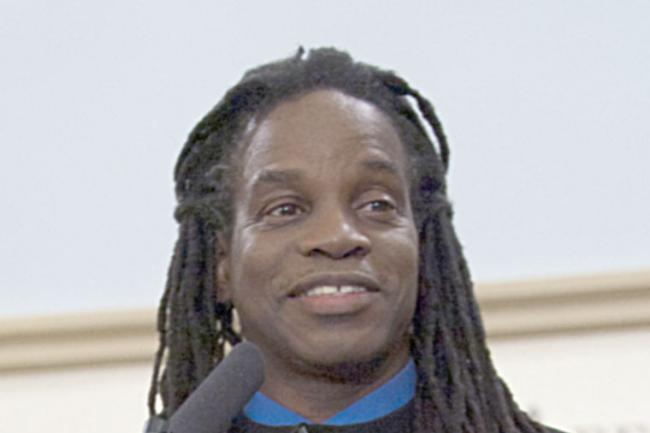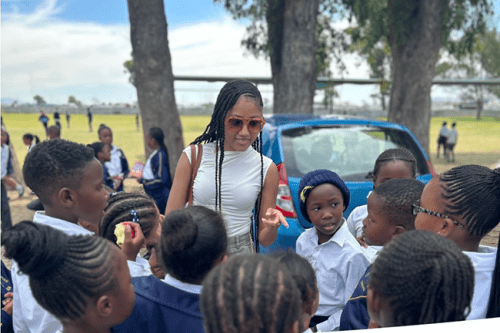Clarence Lusane, PhD, has immersed his 40-plus-year career in national and international human rights, anti-racism politics, diaspora engagements, foreign policy, social justice and more. To accomplish all this, he’s traveled to more than 70 countries and lived abroad in many of them, including Japan, South Korea, Cuba, Brazil, the United Kingdom, Ghana, Germany, New Zealand and South Africa. It’s only fitting, then, that this political science professor is the director of the international affairs program at Howard University, where he encourages students to view race from multiple perspectives – locally, nationally and globally.
Q: How does globalization help enhance students’ awareness, and how can they be prepare for an increasingly global world?
A: While the world has always been interconnected – economically, politically and culturally – the capacity of multiple millions to engage globally has been enhanced by new technologies, rapid transit and global policies. We are all “glocal” more than at any point in human history.
Q: How are race relations changing overseas in countries with a lot of races, such as European and South American countries?
A: Race relations, on a global level, have been informed by the globalization of race-related theories, scholarship, policies and activism. Communities, nonstate actors, civil society and states have learned from and continue to learn from each other.
Q: What about countries that have been fairly homogenous until recently because of corporate globalization, such as China? What do they need to do to catch up?
A: It is illusionary for countries to believe that they are homogenous. As with every country, including China and other nations that have historically isolated themselves, the option to avoid heterogeneity no longer exists. It is in their interest to engage the racial justice energies that have grown around the world.
Q: What is something surprising you experienced while living abroad?
A: Perhaps the most surprising experience has been to be as much identified as an American as to be identified as African-American. I was not prepared for being recognized as having an “American” accent. I think it is great to be seen in a broader identity that is sometimes difficult to see inside the United States.
Q: As the world becomes more connected, what are some things that have changed for the better? How can this help influence the future growth in worldwide race relations?
A: The ability to share resources, strategies and ideas through social media, websites and other means has been invaluable. For states and civil society, these assets should be used to build policies, laws and practices that further racial justice.





